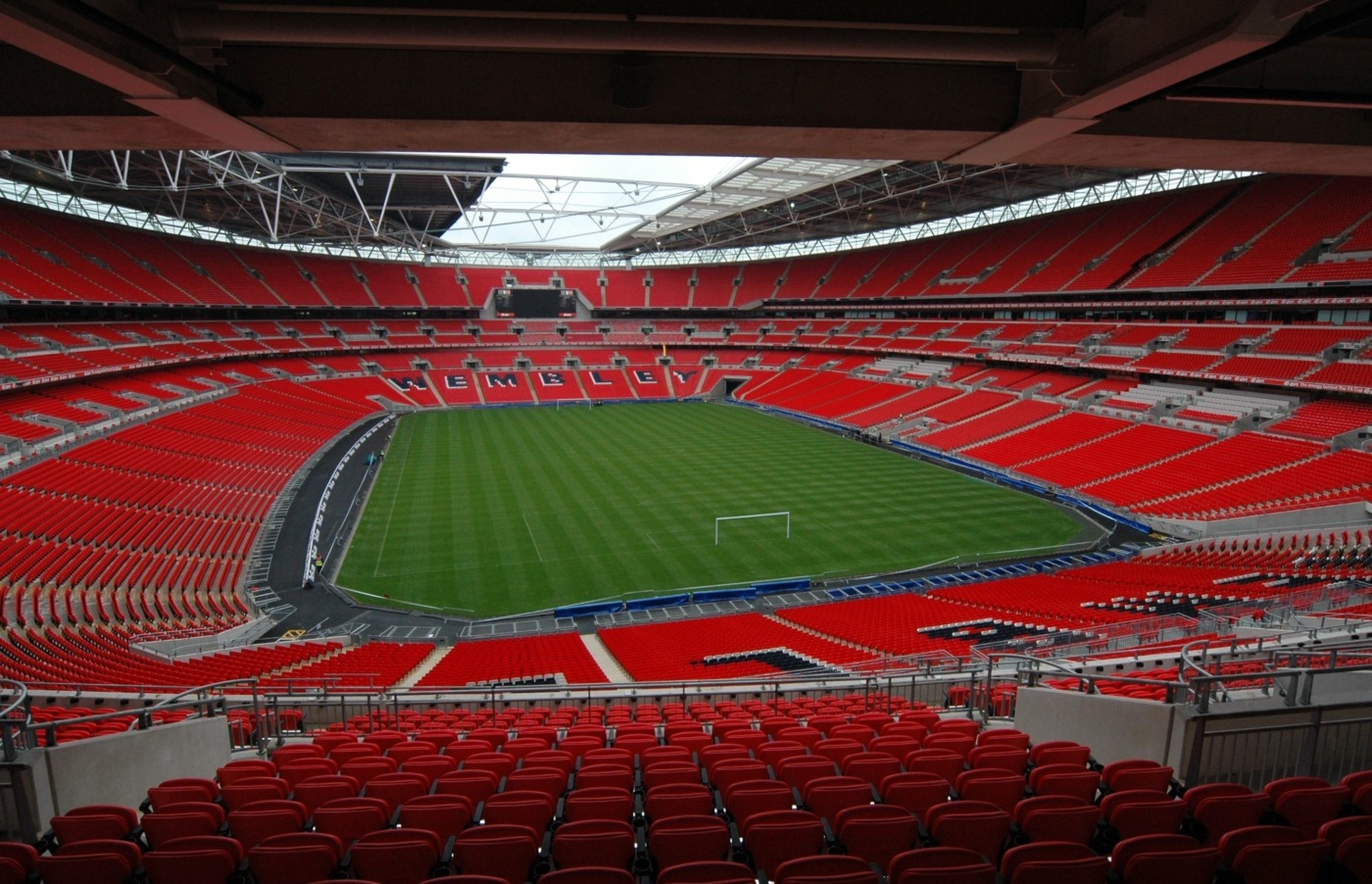Selling Wembley would be a coup for the FA
The surprising bid from Shahid Khan, the billionaire owner of Fulham FC and the Jacksonville Jaguars, for Wembley has fallen apart after the FA council objected to the sale, due to them not wanting to part with the home of national football in England. A bid of £600m was made in May 2018 for the stadium, but the FA were likely to retain hospitality rights to Club Wembley, worth around a further £250m. The offer came quite out of the blue but was met with a largely positive reaction from most in the football world, seeing it as an opportunity to invest more into grassroots football and further initiatives to increase participation of young people. Some more conservative people, such as those on the FA council, were wary of “selling the soul” of English football, as Wembley has always been the home of the national team and holds so much historical significance for those passionate about the game. So, is this a missed opportunity or an important statement that tradition is not for sale?
On one hand, Wembley can be considered an iconic sporting monument, the likes of which doesn’t really exist in many other places in the world. It has hosted many different sporting events other than football, from Rugby league to NFL to the Olympics and even musical events such as the incredible Live Aid in 1985. Although it was rebuilt in the early 2000’s it still holds all that history and the thought of it being passed into private hands just doesn’t feel right, as it belongs to the people and those that have played a role in building up its grand reputation.
The FA has to snap this deal up if it comes around again, as the extra funds to revitalize grassroots football could be generation-defining
However, a change of ownership isn’t the same thing as knocking the monument down. Khan has set out his plans to host more NFL games in London as the game’s appeal grows in the UK and continue its strong international status as a stage for the very best entertainment. The main argument for the sale is that it would provide an “unprecedented” amount of funding for the game at community levels, helping to improve sporting facilities nationwide and subsidise programs for poorer areas of the country or promote the game to fringe groups such as women, British-Asians and disability football. This opportunity begs the question: how much do we really need Wembley to be under FA ownership? It has long been considered that perhaps Wembley has lost its magic, overused in recent years for things such as Spurs league games, the Checkatrade trophy for football league clubs and even FA cup semi-finals. England playing away from Wembley has been an idea that has also had a lot of support, as it gives more areas of the country a chance to see their heroes and being based in league stadiums gives an improved atmosphere, closer to the action.
Khan has said that he might be open to a deal in future, but only when he feels he is given the right support from the FA council, as he doesn’t want this bid to become a “divisive” force in the game. I would argue that the FA has to snap this deal up if it comes around again, as the extra funds to revitalize grassroots football could be generation-defining and really accelerate the progress being made to diversify the appeal of football and improve sporting facilities all across the country. The soul of the sport has always been the fans in the stadium, not the stadium itself, and therefore losing Wembley won’t be such an issue for English football if the proceeds are invested wisely. Take the example of facilities such as Manchester city’s multi-million pound training complex, which has already started to produce top quality talents, such as Jadon Sancho and Phil Foden, who will carry the mantle of English football for years to come. If the FA targets success for England’s national team in the future, then this investment into the future of the sport is essential.

Comments
Comments are closed here.